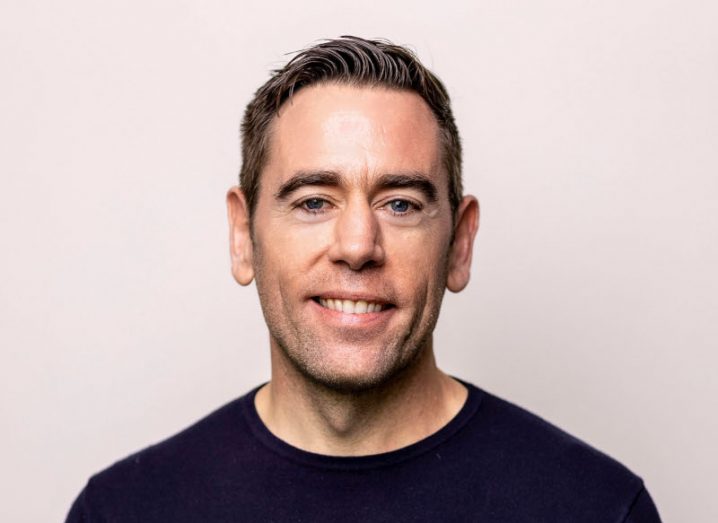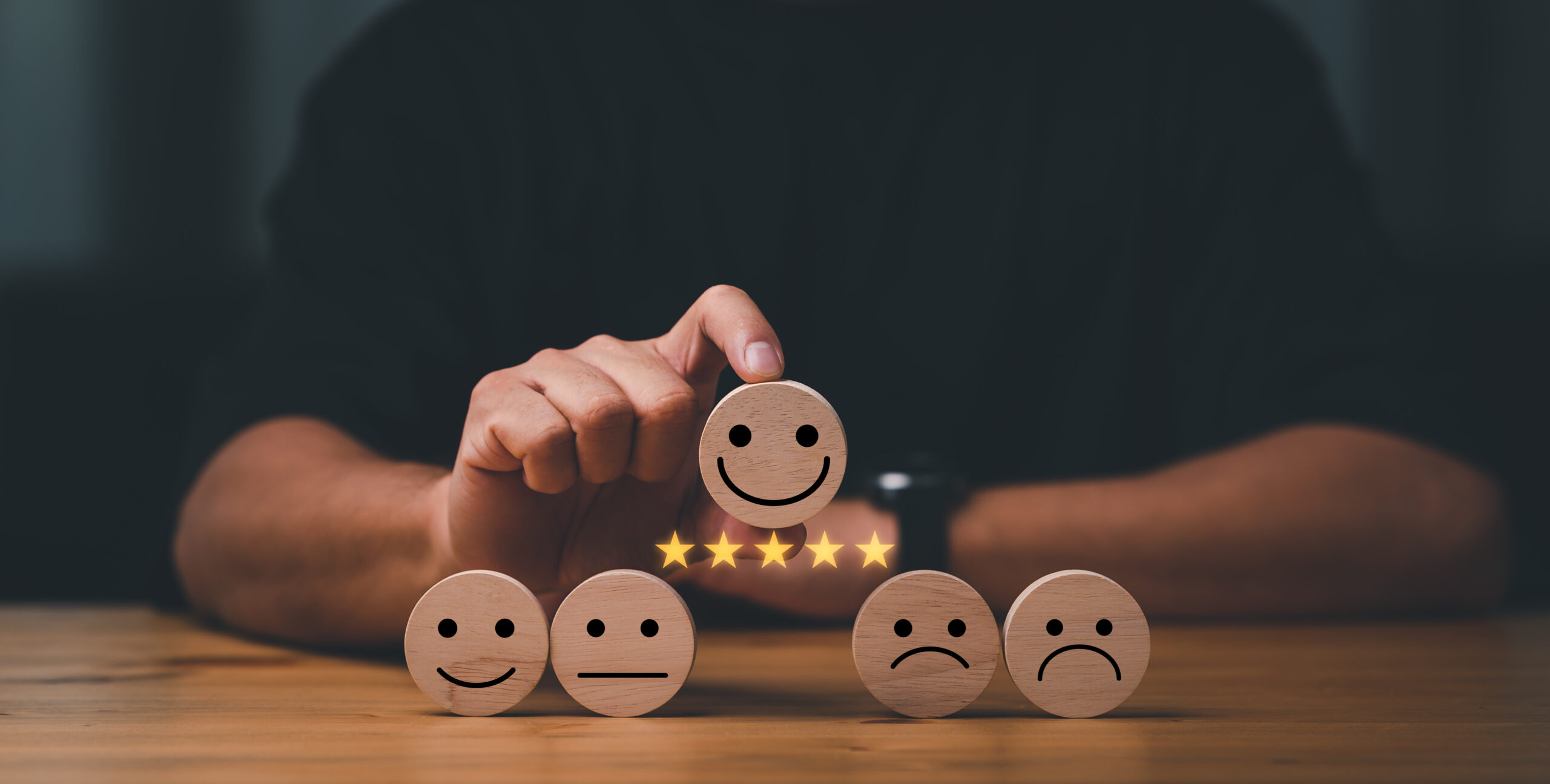Launching a people-first LMS from a kitchen table in 2012 was just the beginning. In this interview, LearnUpon Co-Founder and CTO Des Anderson reflects on: building for scale and support, leading with flexibility, and how AI can support learning without losing the human element or the need for critical thinking.
Training Journal: You started LearnUpon, with your co-founder Brendan Noud, from the kitchen table in 2012. What got you excited to start a Learning Management System and keep going through some potentially tough times at the beginning?
Des Anderson: When Brendan and I started LearnUpon, our goal was simple: to create a learning platform that truly put customers first. We knew the world didn’t need another LMS, but that it needed a better LMS. For us, that meant building something that was not only easy to set up and simple to use but also backed by a level of customer support that really stood out.
We set out to turn this on its head
We found that within the LMS industry there’s a distinct lack of ownership with troubleshooting. Typically, troubleshooting issues result in blame being pushed back and forth between the vendor, authoring tool, and customer, which creates a frustrating situation for the customer. We set out to turn this on its head and go the extra mile to diagnose and fix any issue the customer may be experiencing, irrespective of the source.
In those early days, before we even had a team, we took turns answering support calls around the clock. It was just the two of us making sure our customers got the help they needed, whenever they needed it. Back then, LMS support was often slow and impersonal, and we knew we could do better.
TJ: What’s your biggest learning experience from growing your company now to 300 employees with 13 million learners in over 30 countries?
Des: Making mistakes is a part and parcel of growing a business. You’ve got to make mistakes to learn; you won’t always get it right. Growing a business is a continual learning journey with a new challenge at every level. We found that in these cases, addressing mistakes sooner rather than later is the best way to rectify any situation.
I think the key thing is to never lose the ability to reinvent yourself
Overall, I think the key thing is to never lose the ability to reinvent yourself and adapt and change paths, especially when you realize you’ve taken the wrong path. Immediately reverse and pivot.
I’ve learned that you can’t do everything yourself too! When Brendan and I started, we were doing everything from sales calls to marketing and even tech. In hindsight, we needed to learn to let go of the lever piece a little sooner, and we’re still looking at those opportunities to let go now. It’s often described as “giving away your LEGO bricks”. We’ve ”learned to get really good at this; it’s the key to scaling.
TJ: Are all of your staff mandated to work in offices, and how do you manage the differing and flexible needs of a global team?
Des: As you grow your team, you can no longer fit five people in a room where everyone hears everything, and this can make office work challenging. This becomes an even bigger challenge as you continue to scale, especially when everyone is spread out and no longer local to one office. Working from home can make managing large teams easier, as it cuts out the need for large office spaces and commute times, and it means that you don’t have to consider the location of new hires.
However, after more than five years of WFH, I believe there are more cons than pros, as without a single space to commune, teams miss out on the social element of working and learning from their peers. What might take one minute in person takes way more time; everything is prearranged or has to be scheduled when in a remote world. With both advantages and disadvantages at play, we’ve taken the approach that it’s up to each team to address their own working methods according to their needs.
TJ: What are the technology trends in the next three years for the LMS space?
Des: Like many industries, learning is being reshaped by the rapid rise of automation and AI. We’re already starting to see learning platforms evolve, with automation and AI powering more intuitive, personalized experiences, at scale. As these technologies mature, learning management systems will increasingly tailor learning to each individual, meeting learners where they are and helping them progress in ways that truly resonate. This shift has the potential to supercharge the value of learning, making it more relevant, timely, and impactful.
We cannot have learners blindly following AI-generated content
At the same time, we’ll likely see a surge in microlearning as organisations adapt to changing content consumption habits and generational preferences. We’re seeing a shift from one- or two-hour courses to bite-sized, on-demand learning that’s only two to three minutes long and fits seamlessly into our daily lives. We believe that it’s not a trend; rather, it’s becoming the norm.
Overall, the shift will focus on the learner experience, but alongside that there must be a continued focus on maintaining critical thinking, which is key to learning and development. A world where critical thinking disappears scares me, which is why we cannot have learners blindly following AI-generated content. We need to ensure that we maintain a balance, ensuring quality of the content alongside a strong support of critical thinking in learners, so they can question and debate what they are seeing and hearing as they learn.
Des Anderson, Co-Founder and CTO at LearnUpon




